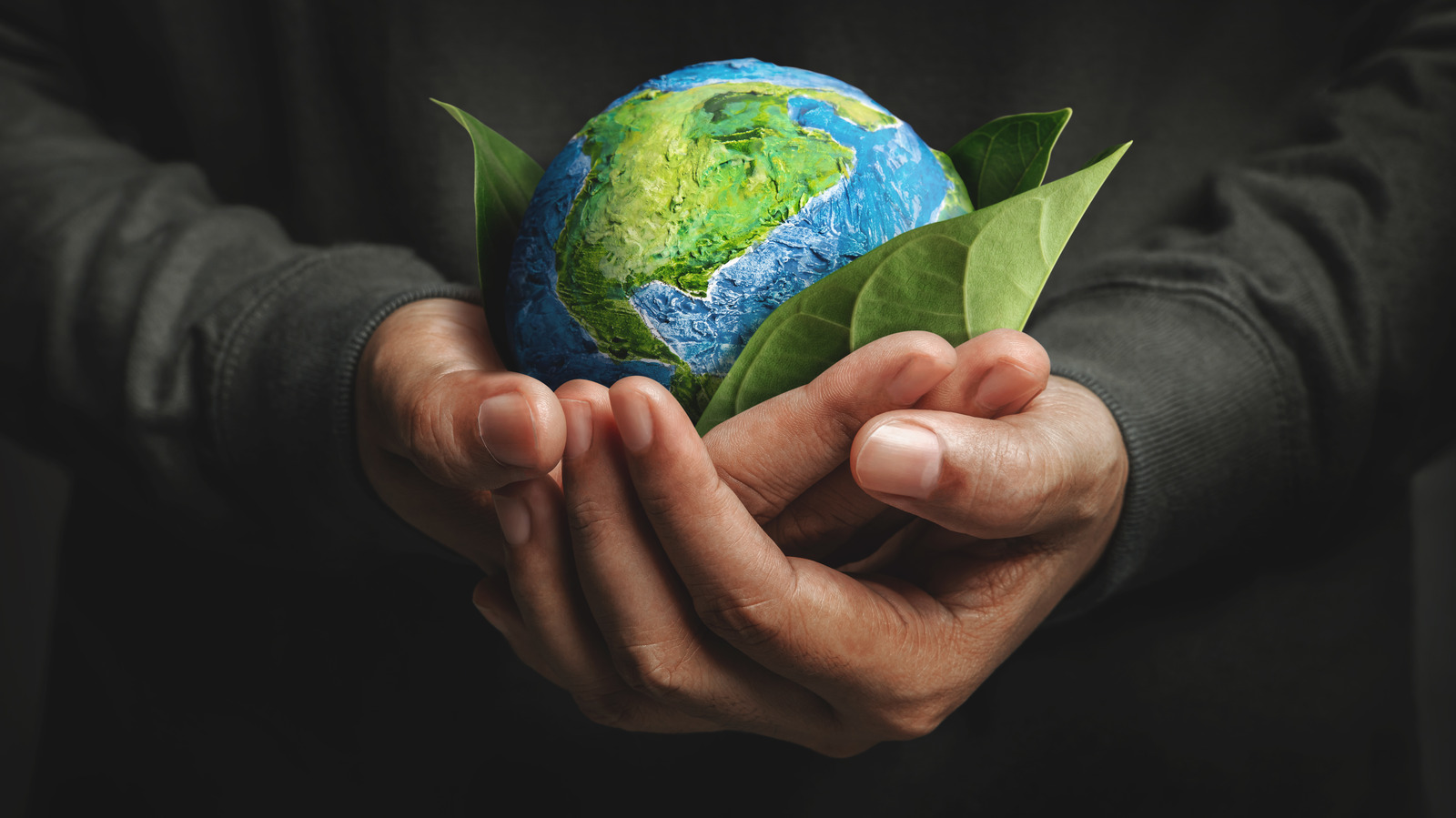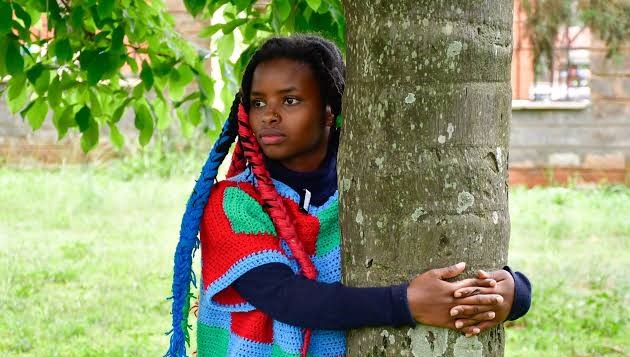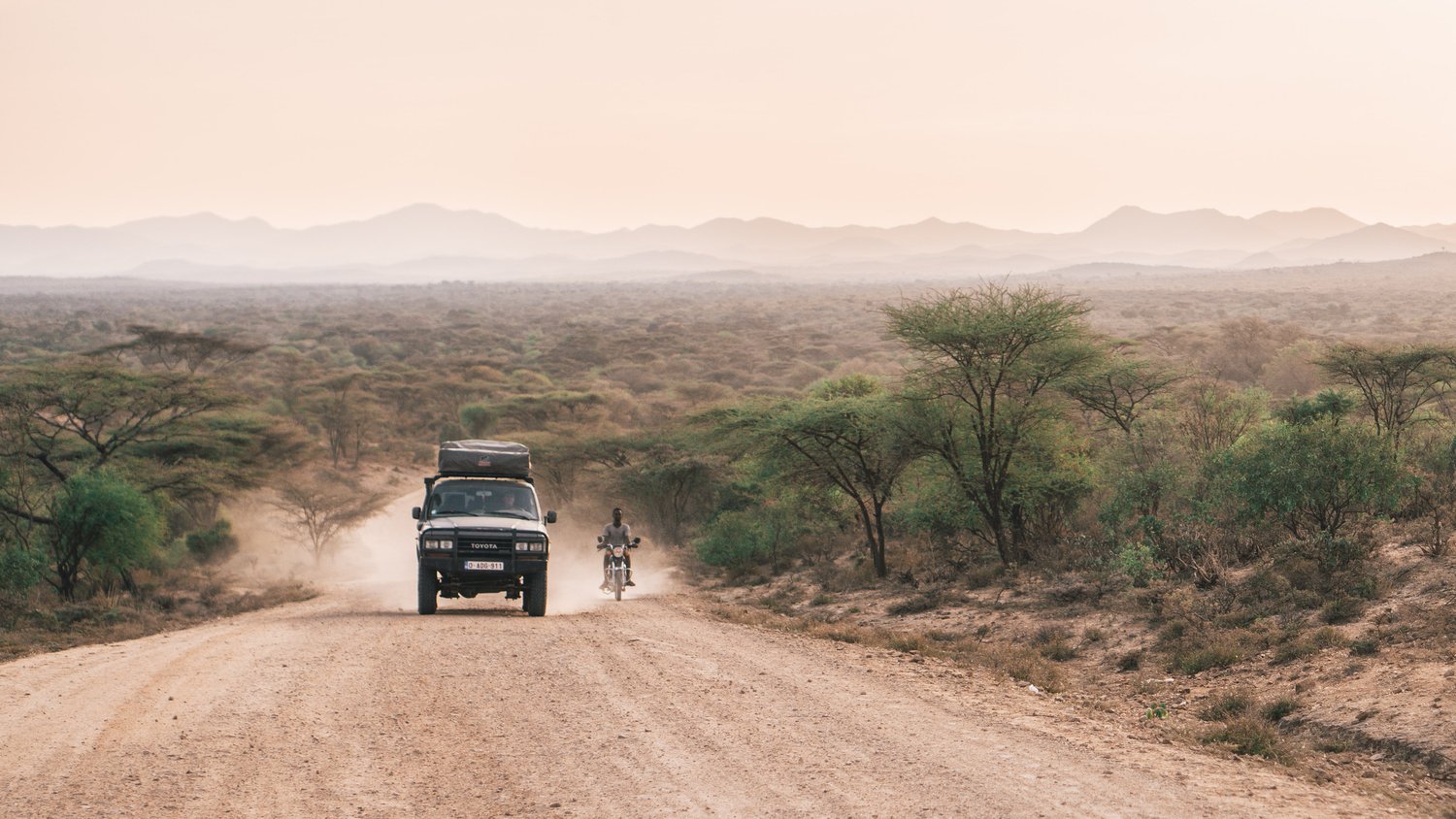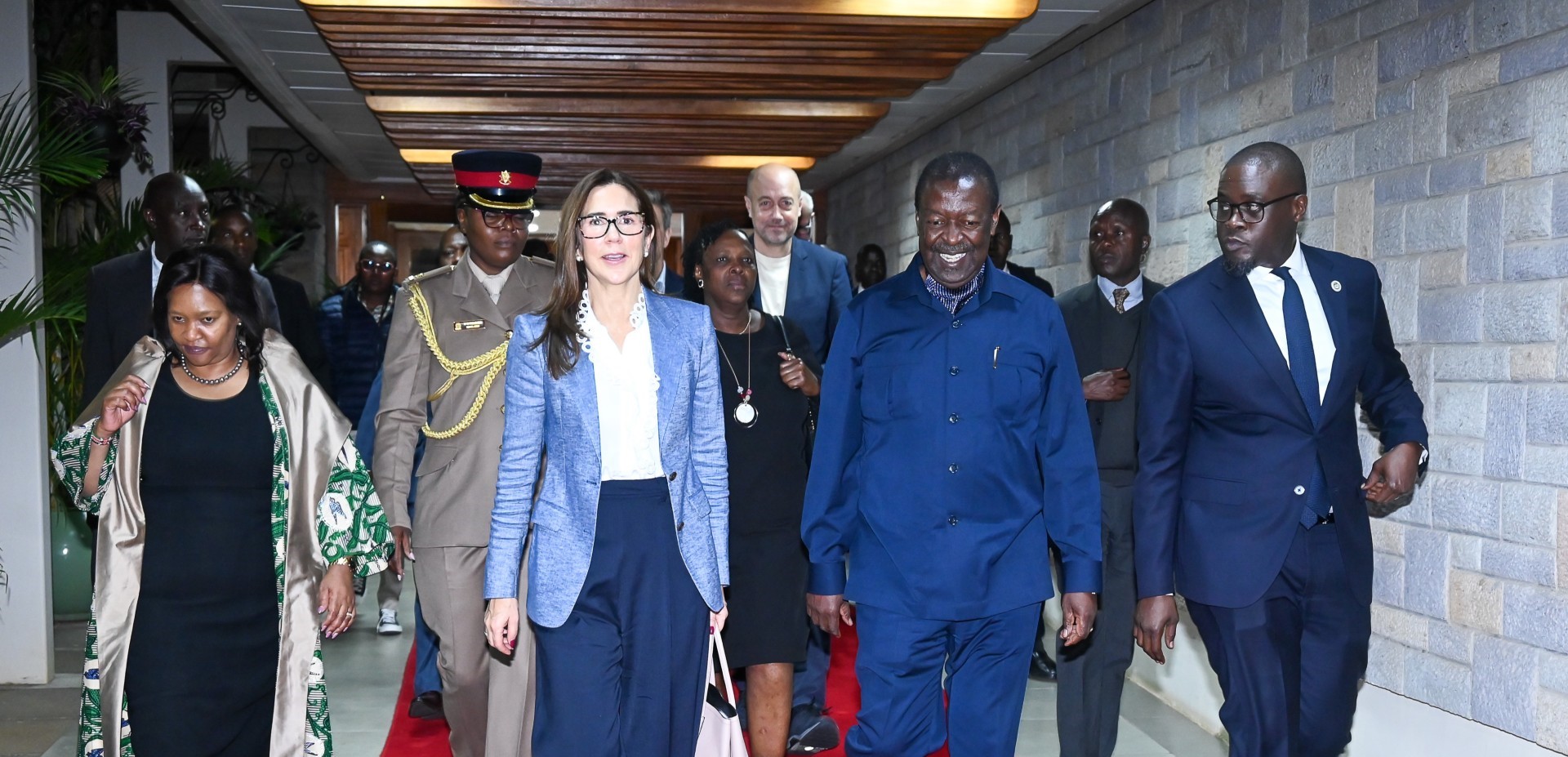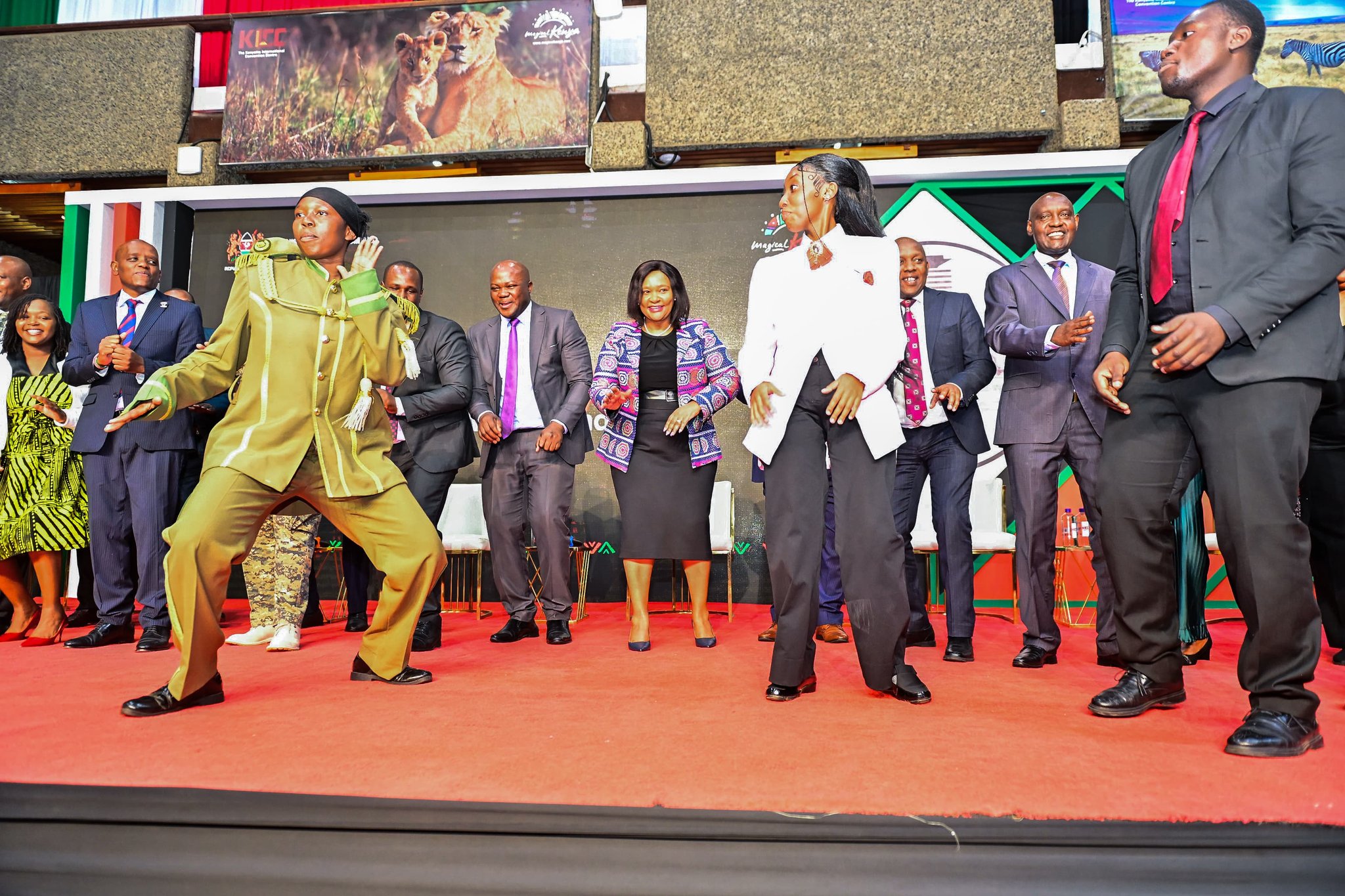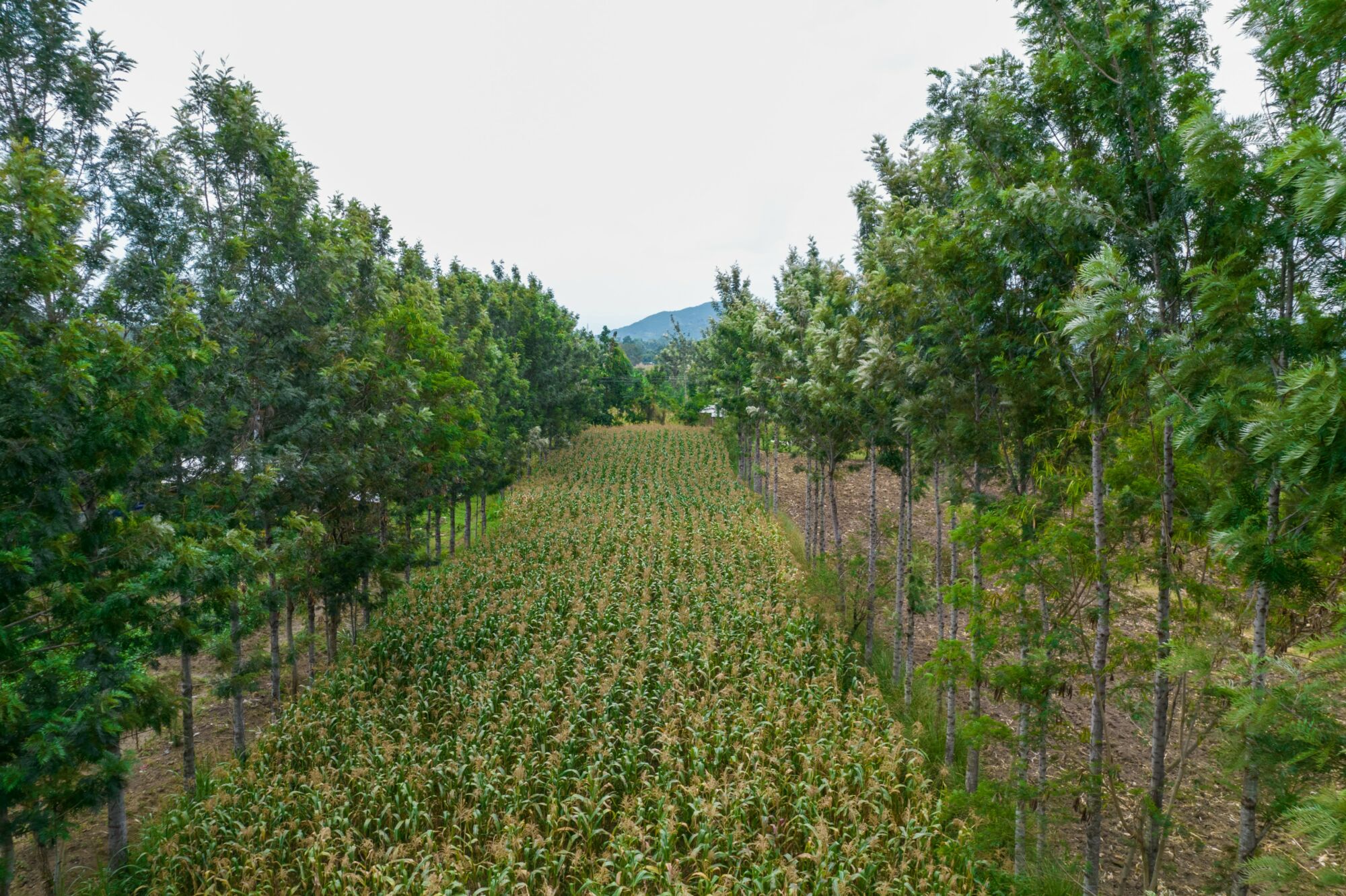- Our everyday habits, where we buy and throw away too much, are pushing the planet past its breaking point.
The sweet smell of wet soil after a heavy rain from my childhood still lingers in my mind. The air was crisp and clean. Everything just clicked: Cypress and Pine trees offered shade, the river ran clear, and animals moved peacefully through the landscape. It was a place of harmony.
That memory still teaches me a simple truth: when life is treated with respect, it thrives. But today, I look around and feel a deep sadness. We have stopped respecting our home.
Our once-beautiful environment is turning into wastelands of trash. We’ve ignored the sacred instruction from the Holy Book to tend and care for the earth. Climate change is no longer a distant threat. It’s here, and it’s accelerating. The facts are terrifying: rising global temperatures, more frequent storms and floods, and the extinction of countless indigenous plants and animals.
We see the damage every day. Long droughts scorch our land. Flash floods destroy homes and farms. And yet, despite this evidence, many of us remain passive. We drift in a slow-moving sleep, treating the earth like a cheap, endless wardrobe. Our throwaway habits are pushing the planet past its breaking point.
We tell ourselves, “Someone else will fix it,” or “My effort won’t make a difference.” But these are just excuses—ways to avoid the hard work. We are all part of the problem, which means we must all be part of the solution.
Read More
We must wake up and remember our basic duty: to be caretakers of this world. This isn’t just a political fight or a financial debate—it’s a moral test. Before pointing fingers at environmentalists, we should ask ourselves: What difference have I made to keep the environment clean?
If we continue to ignore the planet’s cries, we fail that test. So what does this urgent moment demand of us?
It demands a radical shift in how we think and act. We must stop exploiting the earth and start protecting it. That means supporting laws that promote clean energy and sustainable farming. It means making smart, everyday choices: recycling waste, using renewable energy, walking or biking short distances.
Yes, the task is big. But what we stand to lose by doing nothing is even bigger. We already have the ideas, the technology, and the moral clarity. The only question left is: Do we have the will?
Let us not be the generation that watched our beautiful home crumble. Let us be the ones who acted. Our future is counting on us.
Follow us on WhatsApp for real-time updates, community voices, and stories that matter.

